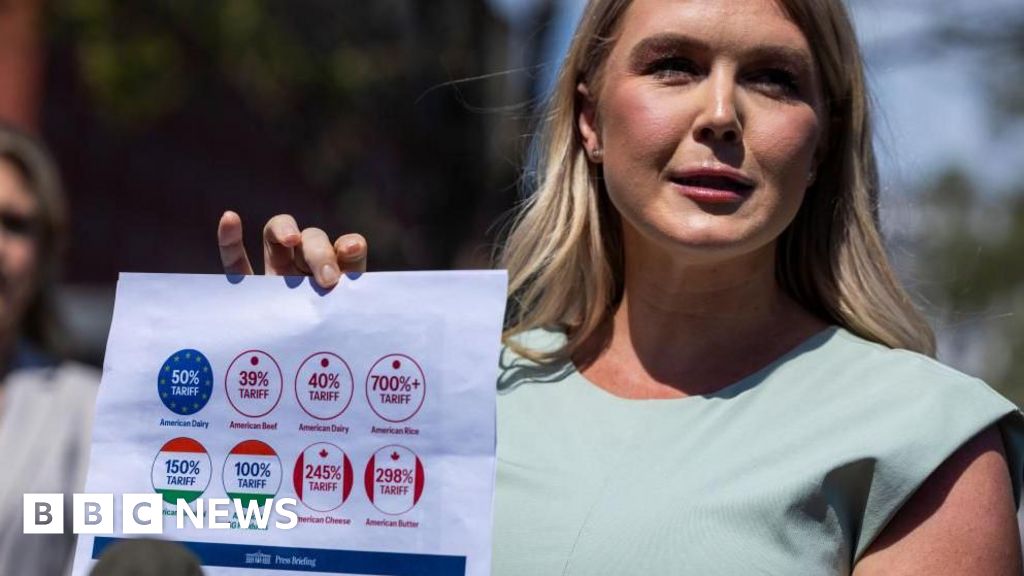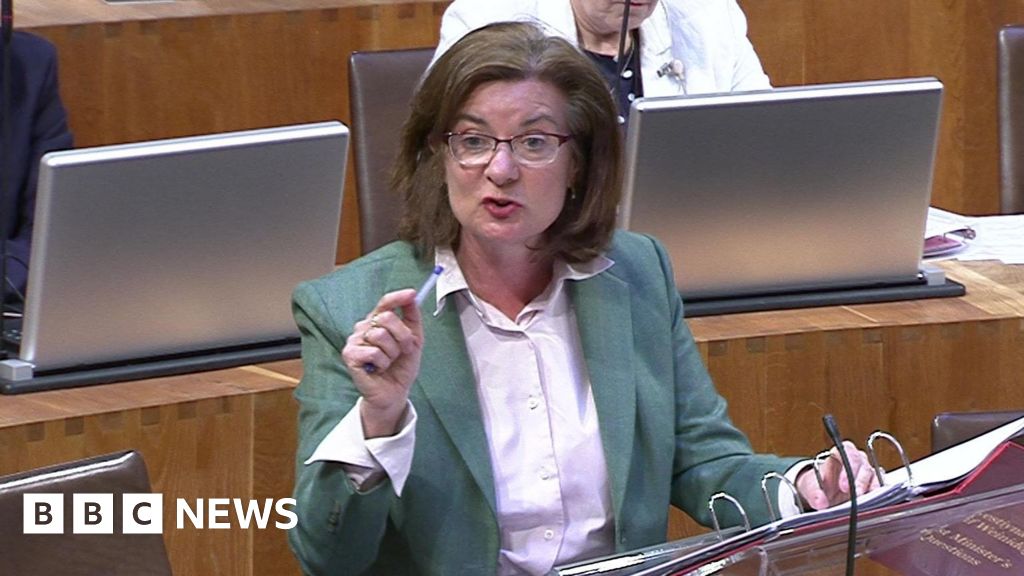ARTICLE AD BOX
MPs are challenging stereotypes around older people stockpiling wealth as younger generations struggle.
A report from the Commons' women and equalities committee is calling for action to tackle age discrimination, which MPs describe as widespread in the UK.
They criticise depictions of baby boomers - those born between 1946 and 1964 and now in their 60s and 70s - as either frail or enjoying a life of luxury at the expense of their children and grandchildren.
The report also hits out at what the authors say was a failure by previous governments to address digital exclusion of older people as services, particularly around banking and health, increasingly move online.
The UK's population continues to get older overall, with 11 million people in England and Wales now aged over 65, and more than half a million people aged over 90.
However, the Commons report highlights evidence that ageist stereotyping is still highly prevalent across all media in the UK, including "portrayals of older people as frail, helpless or incompetent, or conversely as wealth-hoarding 'boomers'".
Research from the Centre for Ageing Better found that this type of generational stereotyping contributes to the "othering" of older people, causing "divisive and "harmful tensions in society".
An example might be the "OK Boomer" meme used to dismiss older people's opinions by suggesting they are out of touch.
The Commons committee wants to see a crackdown on these sorts of stereotypes by watchdogs including the Advertising Standards Authority and the broadcast media regulator Ofcom.
Some older people are also still at high risk of "digital exclusion", MPs believe, because they do not have the skills to access online banking, council or GP services - despite the government launching a digital inclusion strategy 10 years ago.
Latest figures from Ofcom say nearly one-in-three people (29%) aged over 75 do not have access to the internet at home, compared to roughly one-in-16 (6%) of all adults.
The Commons report concludes that existing laws against age discrimination are too weak and "failing older people" because they are rarely enforced, despite evidence of the harm such attitudes cause.
Committee chair Sarah Owen, a Labour MP for Luton North, said it was time for a review of how to shrink the UK's "pervasively ageist culture" and bring in enforcement with teeth.
"It is a considerable failure of government that the digital inclusion strategy has not been updated, nor progress tracked, for a decade," she said.
"Ultimately much more must be done to tackle ageist attitudes and discrimination across society, including in access to healthcare, local services, banking and transport."
Owen is calling for the UK government to follow the Welsh example of establishing a commissioner for older people alongside community champions to deliver a national strategy.

 1 month ago
18
1 month ago
18








 English (US) ·
English (US) ·